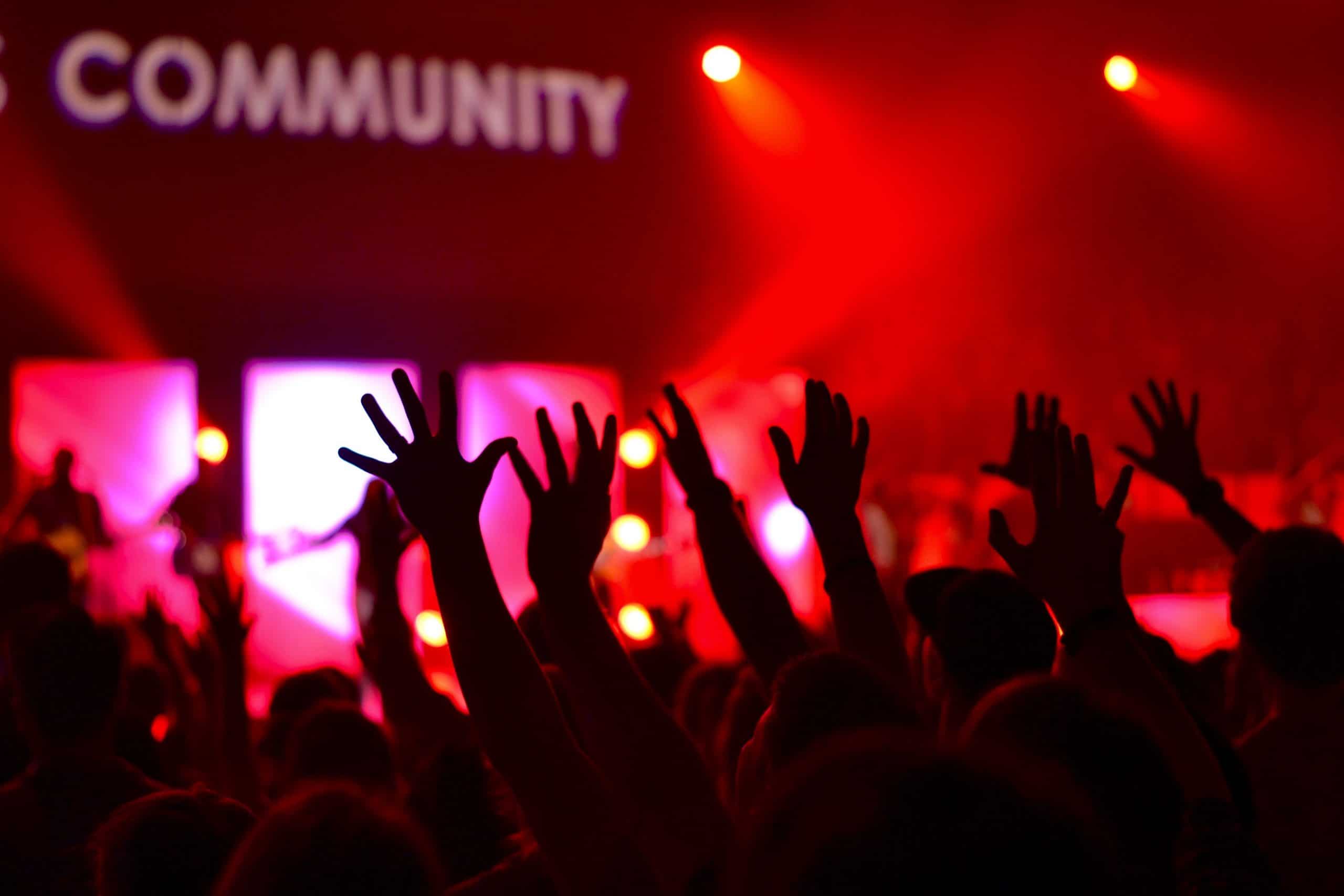The coronavirus has stopped the world in its tracks in so many ways. At first, things like music seem inconsequential, and rightfully so as people battle against the illness and deal with massive uncertainty. At some point, though, we must consider how every industry is going to adapt. The music industry is not just a luxury, it is the way millions of people make their living, and all aspects of it seem to be struggling.
The first thing taking a hit is live music. Under current social distancing regulations it is irresponsible to have any sort of live event where people could gather and transmit the virus to one another. As such, most events over the next few months have been cancelled or postponed. This has a huge, huge impact upon musicians and other industry professionals. As this Forbes article explains, “performers generate around 75% of their income from live events and tours today, compared to less than one third in the '90s.”
Physical sales have been impacted, too. Most businesses are closed and record stores are not trading. What’s more, huge online retailers such as Amazon have paused shipments of many different types of physical media. They’re prioritizing their delivery service for essential items.
For the immersive audio industry, the hit is arguably worse. A lot of live musicians have been able to adapt in some ways, and have even seen spikes in their YouTube views or their popularity on other formats such as Spotify or Instagram. However, a lot of streaming services do not really help for people who are releasing immersive audio albums. There are some 3D audio experiences available to stream from Amazon Music HD, Deezer, nugs.net and TIDAL, but they are limited. Smaller, independent artists will not be seeing the benefits, and their immersive music may be a little harder to distribute.
It’s hard to tell exactly, but it is likely that, in some ways at least, the industry is facing its biggest challenge yet. However, it’s not all doom and gloom.
There are two main considerations that are cause for optimism, even if there is a short-term dip. Firstly, people are buying more things to do at home, and more electronics. Those who haven’t currently got a way to listen to music in a 3D format may see this as the perfect opportunity to install a new sound system.
Also, people are undeniably looking for new music. A lot of people are either working from home or not working as much, and while this isn’t an ideal scenario, it has led to people having more time to explore new music releases, find new artists, and they’re having to do so from the comfort of their homes. Musicians who take the initiative may have a global captive audience. The opportunity to grow a fanbase is definitely present. More people are listening to radio stations, playlists on Spotify are getting record listens, and people have a thirst for new things to keep them engaged.
COVID-19 is unprecedented. It’s incredibly difficult to predict when it may end. However, life does not completely get put on hold, and musicians must adapt with the times if they’re to have success and continue doing what they love.

